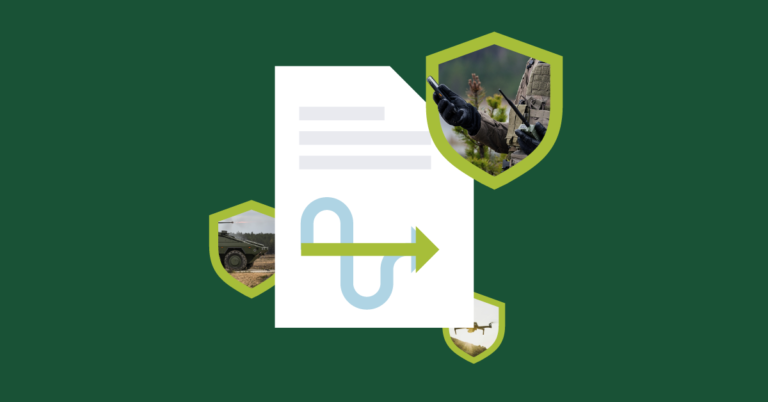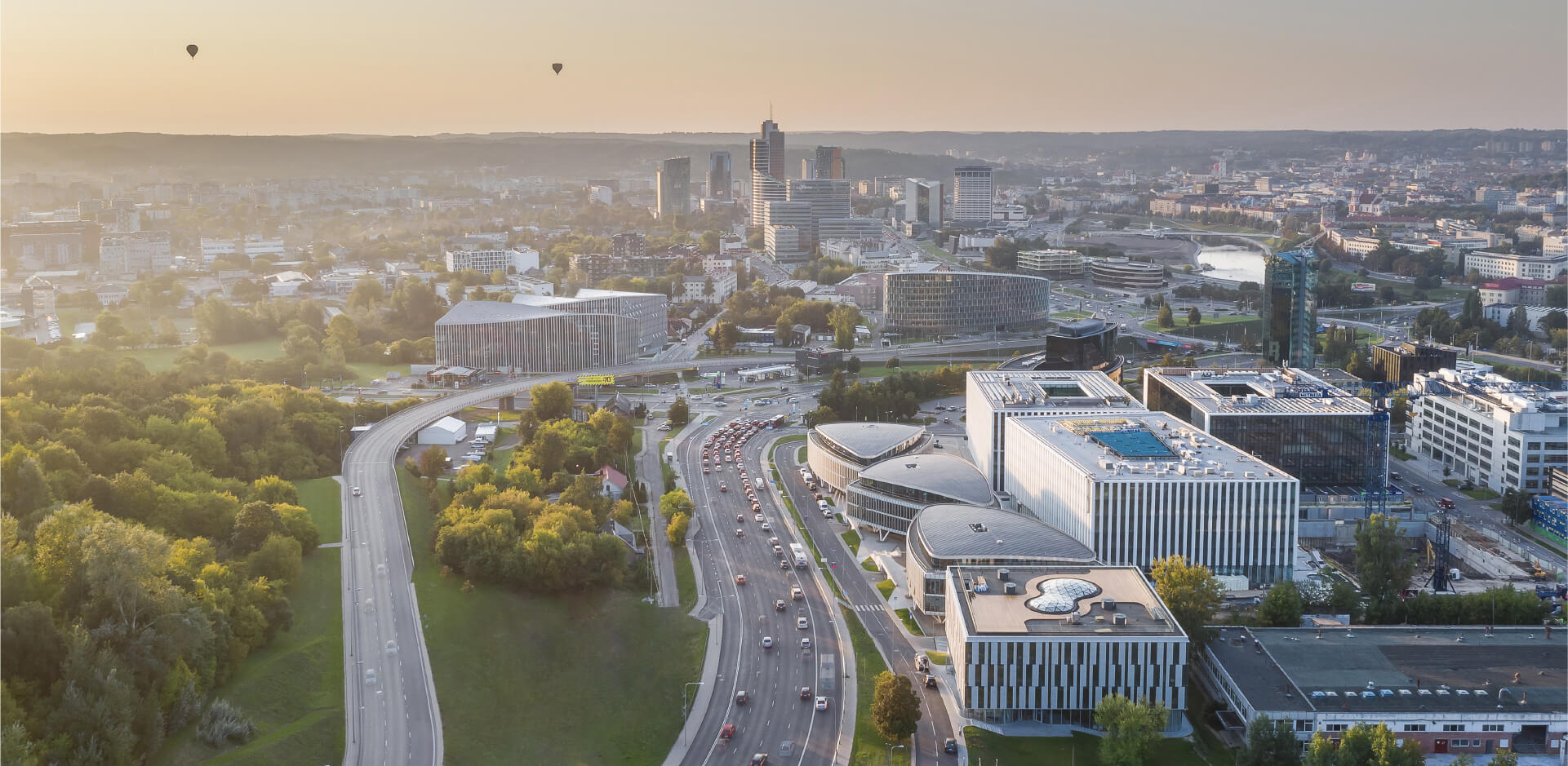June 2020 sees the release of Invest Lithuania’s 6th annual Business services report. To mark the launch of the report, Invest Lithuania held the online event, “Lithuania’s GBS and Beyond: Growth, Resilience and Leadership.” The event brought together a forum of industry leaders and thought shapers to discuss not only the findings of the report, but also wider questions relating to leadership and growth in today’s uncertain global business landscape.
This year’s report clearly shows that Lithuania is continuing on its trajectory of sustainable growth, with the sector experiencing a 14% increase in terms of employment in 2019. By the end of 2019 there were 81 foreign companies with GBS & ICT centers in Lithuania and 19.300 employees working in the sector. With the arrival of such companies as McKesson and AmerisourceBergen, the sector is now home to 11 Fortune 500 investors.
With 81% of all Lithuanian GBS centers contributing, the report provides a comprehensive data driven picture of the current GBS landscape. Vilnius, the country’s capital remains the most popular location for GBS in Lithuania, with two thirds of 2019’s new centers landing in Vilnius. McKesson, Metso, AmerisourceBergen and Dana Incorporated are but a few of the significant newcomers to Vilnius’ GBS community in 2019. Kaunas, the country’s second city, continues to work in tandem with Vilnius to form a robust twin city hub. It also attracted some significant players – Oracle and Dassault Systemes acquired cyber security and software development, and R&D shops respectively – helping Kaunas to retain its reputation as Lithuania’s tech center.
In terms of investment, US companies continue to grow their presence in Lithuania. US based companies currently account for 35% of the industry’s total employment. The Nordics, however, remain one of the most important regions for foreign investment, comprising 50% of all centers and employing over a third of the industry’s workforce. IT remains the dominant function in the industry, with software developers, QA, infrastructure and service desk specialists accounting for close to 1/3 of all employees, while customer facing roles saw the largest increase, accounting for 26% of total employment in 2019.
So, what exactly is driving the GBS sector’s continued maturation and growth? The companies participating in the report were asked to list the top 5 advantages of the Lithuanian GBS sector, and the results are revealing. The availability of well-educated talent ranked in first place, followed closely by competitive labor costs, well developed IT and telecommunications infrastructure, the availability of multilingual talent and the social climate and quality of life. Well-educated talent has long been the driver of the Lithuanian GBS sector. And this also lies at the heart of one of the most pronounced emerging trends in the 2019 report – the decision made by existing GBS players to expand or introduce new functions, such as AML/KYC, AI, robotics, cyber security, engineering or R&D. Also key to the sector’s sustainability is its comparatively low saturation and attrition rate, which stood at 14% in 2019.
The sector’s future is also a priority for the Lithuanian government. In his introduction to the report’s online launch event, Marius Skuodis, Vice Minister of Economy and Innovation of the Republic of Lithuania, underlined the government’s commitment to helping the GBS sector secure further growth and sustainability:
“The success of the past decade has been a huge motivation for us to push even further. The Ministry of Economy and Innovation, together with Invest Lithuania and other government bodies are working in a number of areas – migration, connectivity and requalification being among the most important. We want to further encourage more Lithuanians who emigrated, as well as highly skilled foreigners to come and relocate to Lithuania. At the same time, the government is constantly looking into ways to encourage people to gain relevant new skills and centers to begin developing more high value added functions through requalification, digitalization and automation support programs. “
Focusing on future sector development, discussion in the online event turned to the role leadership in the Post-Covid business world. The panel, which included global leaders from Deloitte, Nasdaq, Danske Bank, and Moody’s, looked at how strong leadership could help navigate the sector through the present crisis reflecting on importance of empathy, openness and diversity. Arminta Saladžienė, Vice President of European Markets at Nasdaq highlighted the importance of remaining steadfast yet open in times of uncertainty, stressing: “Even if you are not sure what tomorrow holds, be open and vulnerable but at the same time give assurance to your organization that they will be taken care of in the best way possible “. Meanwhile, Melanie Hughes, Chief HR Officer for Moody’s Corporation shared what she believes defines effective leadership in a crisis: “The three elements that I would say we have to focus on during these times are authentic and transparent communications, emotional intelligence – leading with your head and your heart, and flexibility – challenging paradigms on how we conduct work.“ What emerged from the overall discussion was how resilient the Lithuanian GBS industry had proven under the unprecedented stress test of Covid-19. In fact, it was revealed that the crisis had galvanized the entire Lithuanian GBS community, who had banded together to ensure that operations were able continue almost uninterrupted, even when the pandemic was at its height.
Click here to download The Lithuanian GBS Report 2020















